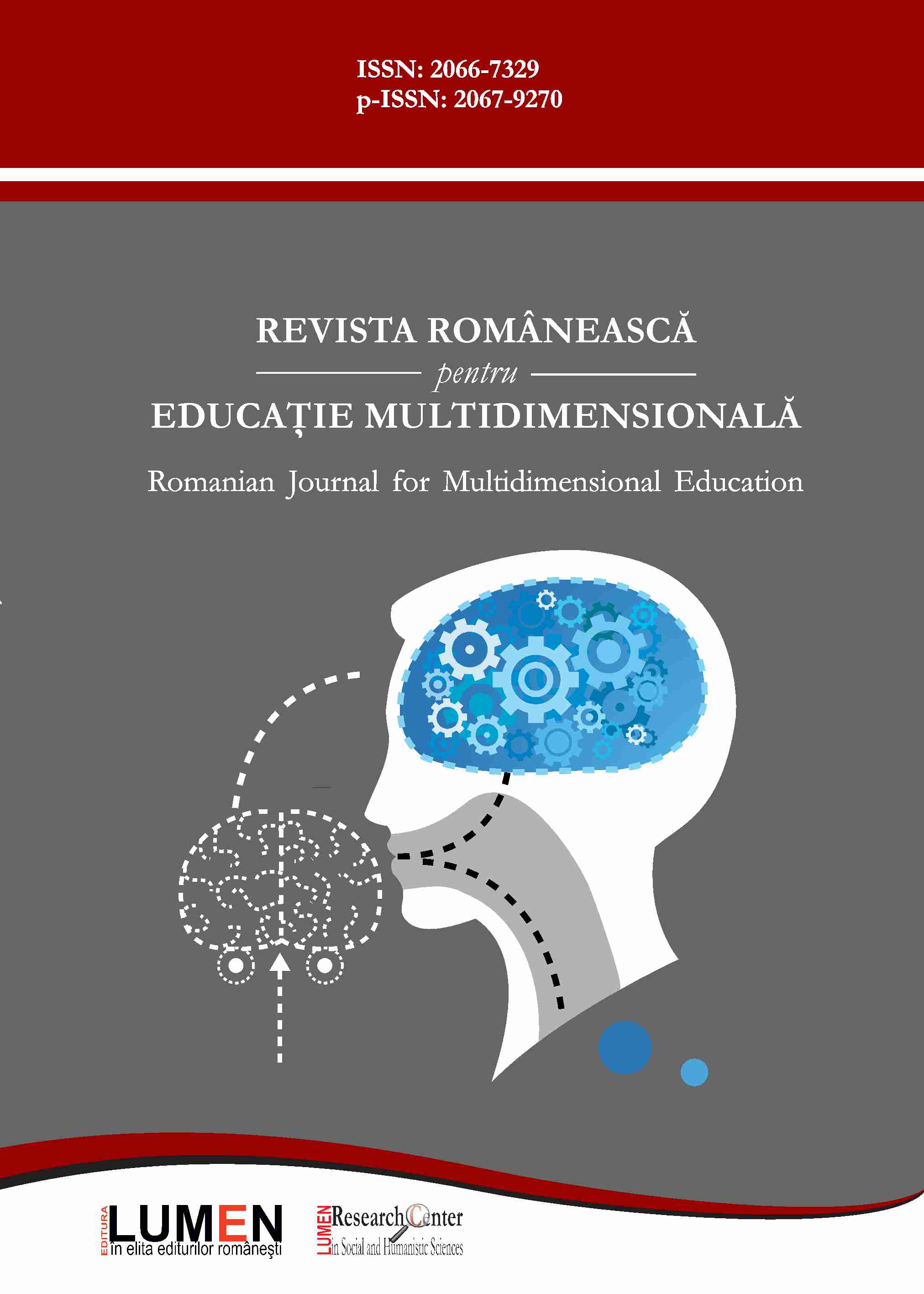The Modern Principles of Gamification in the Teaching of English as a Foreign Language
The Modern Principles of Gamification in the Teaching of English as a Foreign Language
Author(s): Olesia Yaroshenko, Lyudmyla Kokorina, Iryna Shymanovych, Nataliia Naumovska, Nataliia Shchaslyva, Nataliia SerdiukSubject(s): Social Sciences, Education, Educational Psychology, Pedagogy
Published by: Editura Lumen, Asociatia Lumen
Keywords: game situation; gamified reality; educational and game experience; motivation; the optimization of educational process; naturalness; self-efficacy;
Summary/Abstract: In this article the didactic phenomenon of gamification as a universal tool for optimizing the educational process among pupils of primary school and any other actors of the educational process is substantiated. The aim of the article is to analyze the views of present-day scholars on the leading aspects of gamification of the educational linguodidactics process, to determine the structural, methodological and psychological features of the elements of game at the lessons of English as a foreign language in primary school and to illustrate these features with fragments of the authorial experience. Research methods are the following: theoretical analysis and generalization of scientific literature; qualitative methods of finding out the essence, features and benefits of gamification; methods of modeling and representation of ways to use elements of a game at English lessons. The epistemological and pragmatic context of the article is determined by the digital gamified environment of the child's life and activity, which has acquired global dimensions and has affected onto all spheres of life, including education. The main ideas of the article that were proved and discussed are: a)primary school age is the most sensitive for the learning of foreign language directly in the game; b) gamification occupies one of the leading places in increasing a motivation and involvement pupils for the high level educational activity; c) with the appropriate organization and methodological support of gamified classes, it is possible to achieve effective synergy of game and innovative forms of work; d) it is possible to formulate at least 5 basic principles of gamification (actually game or those that are naturally realized during the didactic game); e) gamification is a universal methodological tool for achieving various didactic goals at any stage of a lesson. The international significance of this article is determined by: a) the entry of gadgets, virtual and gaming reality in all areas of a human cognitive activity; b) the spread of English as the first international language in the world; c) the need for inventory, definition of functions and efficiency of a gamified educational space.
Journal: Revista Românească pentru Educaţie Multidimensională
- Issue Year: 14/2022
- Issue No: 1Sup1
- Page Range: 437-452
- Page Count: 16
- Language: English

